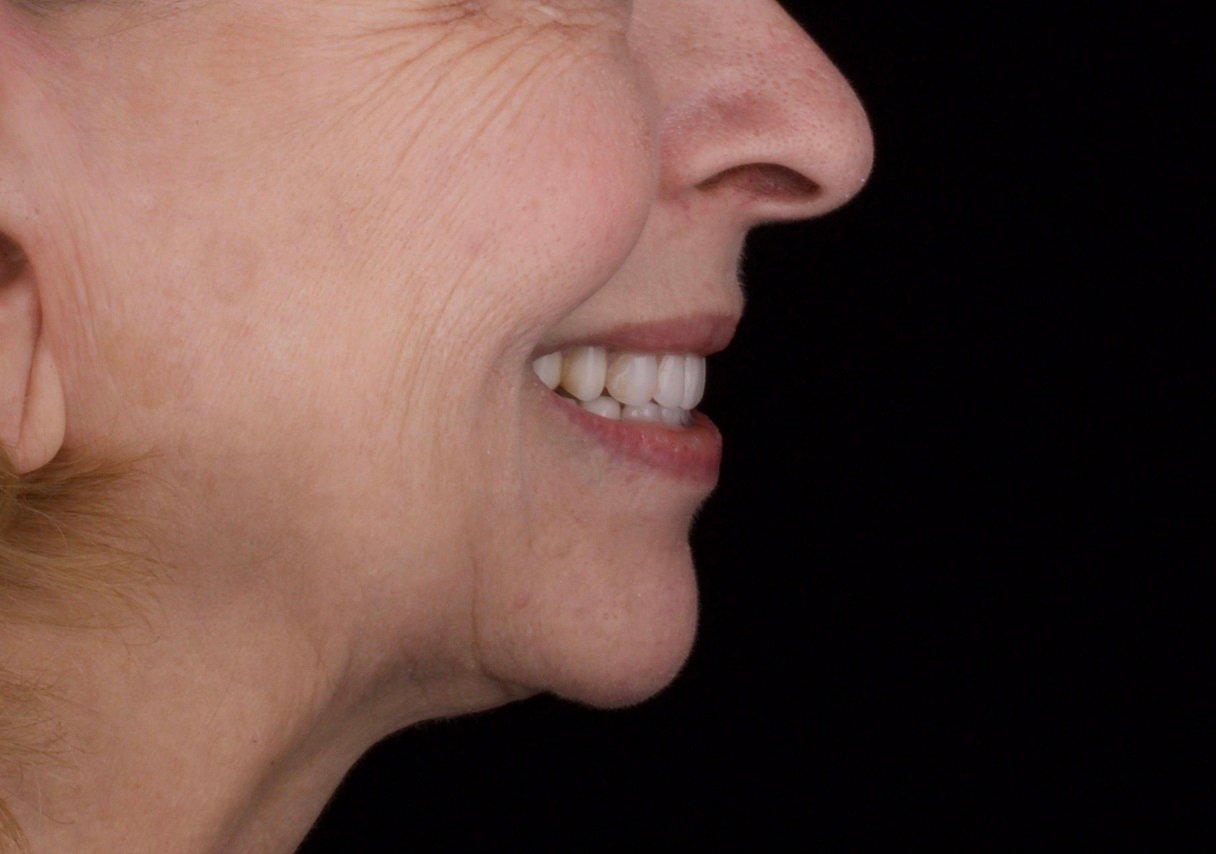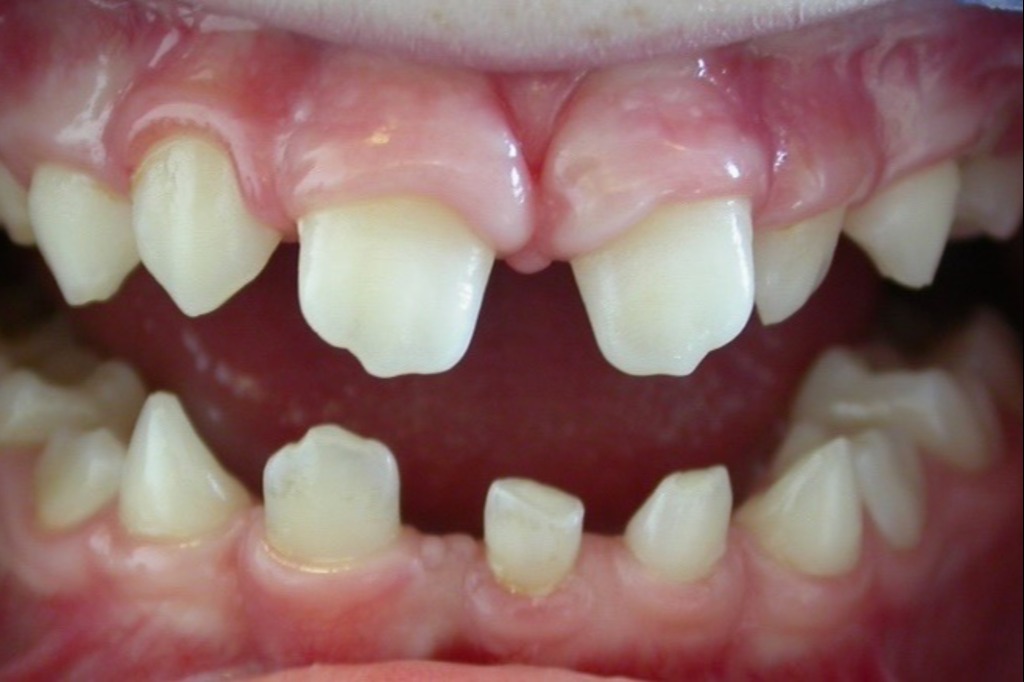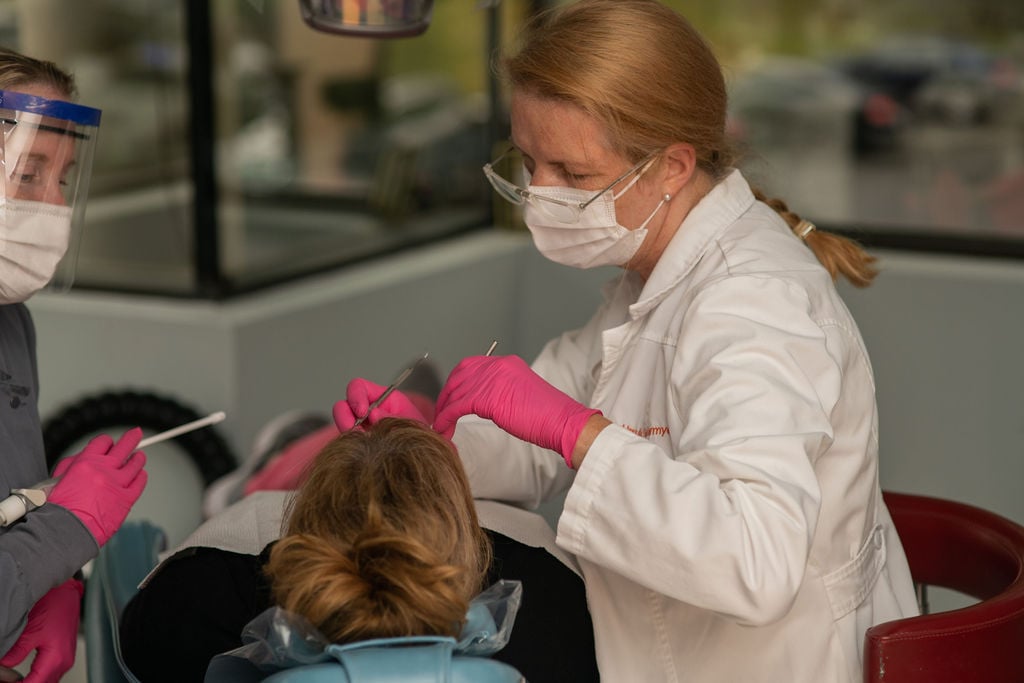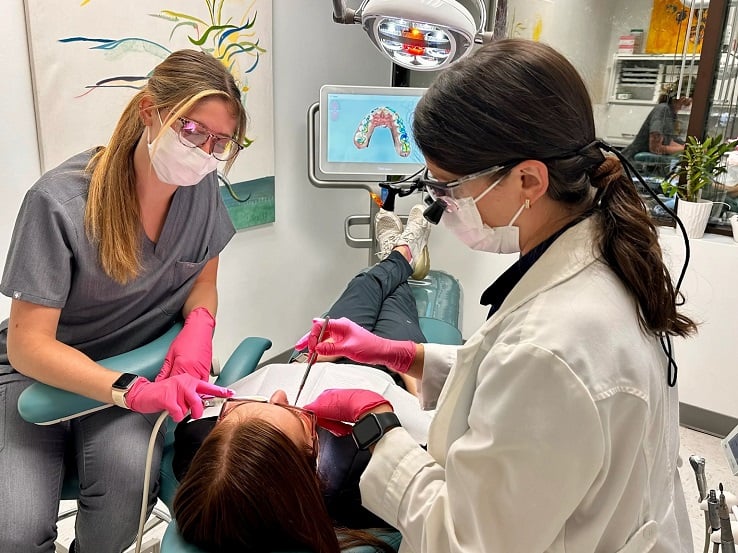What is Ectodermal Dysplasia?
Ectodermal dysplasia is a group of rare genetic disorders that affect the development of skin, hair, teeth, nails, and sweat glands, often causing abnormalities in these structures.

Ectodermal dysplasia (ED) is a rare condition present from birth that affects how certain body structures develop. These include the hair, teeth, nails, skin, and sweat glands. There are many different types of ectodermal dysplasia, and each person can experience it a little differently.

Common signs
- Hair & skin: Hair often grows in thin, light, or fragile strands, and skin can be sensitive, dry, or prone to irritation. Some people notice lighter patches of skin or areas that become dry and cracked.
- Sweating & temperature: Because the sweat glands may not work properly—or may not develop at all—many people with ectodermal dysplasia have trouble staying cool and are more likely to overheat.
- Nails: Fingernails and toenails may look different—sometimes thick, brittle, or slow-growing.
- Teeth: Missing teeth are one of the most common signs. The teeth that do grow may be pointed (conical), small, or in unusual positions. Enamel can also be weaker, making teeth more prone to cavities.
Dental care in patients living with ectodermal dysplasia
Dental intervention often begins early in life, sometimes as young as age two. A prosthodontist (a dentist who specializes in rebuilding smiles) may provide dentures or other treatments for children as their jaws grow, so they can eat and speak more comfortably and confidently. As patients get older, other treatments—such as dental implants, crowns, or braces—may be recommended. Because ectodermal dysplasia affects everyone differently, care is usually provided by a team of dental specialists working together.


Other Health Considerations
People with ED may also have certain facial features such as a prominent forehead, a stronger chin, or a wider nose. Some may develop dryness in the eyes, vision changes, or hearing problems. Because the body makes fewer protective secretions, respiratory infections can also be more common.
Other Health Considerations
With the right care and support, people with ED can lead healthy, fulfilling lives. Regular dental visits, protection from overheating, and attention to eye, skin, and respiratory health all play an important role in long-term wellbeing.
